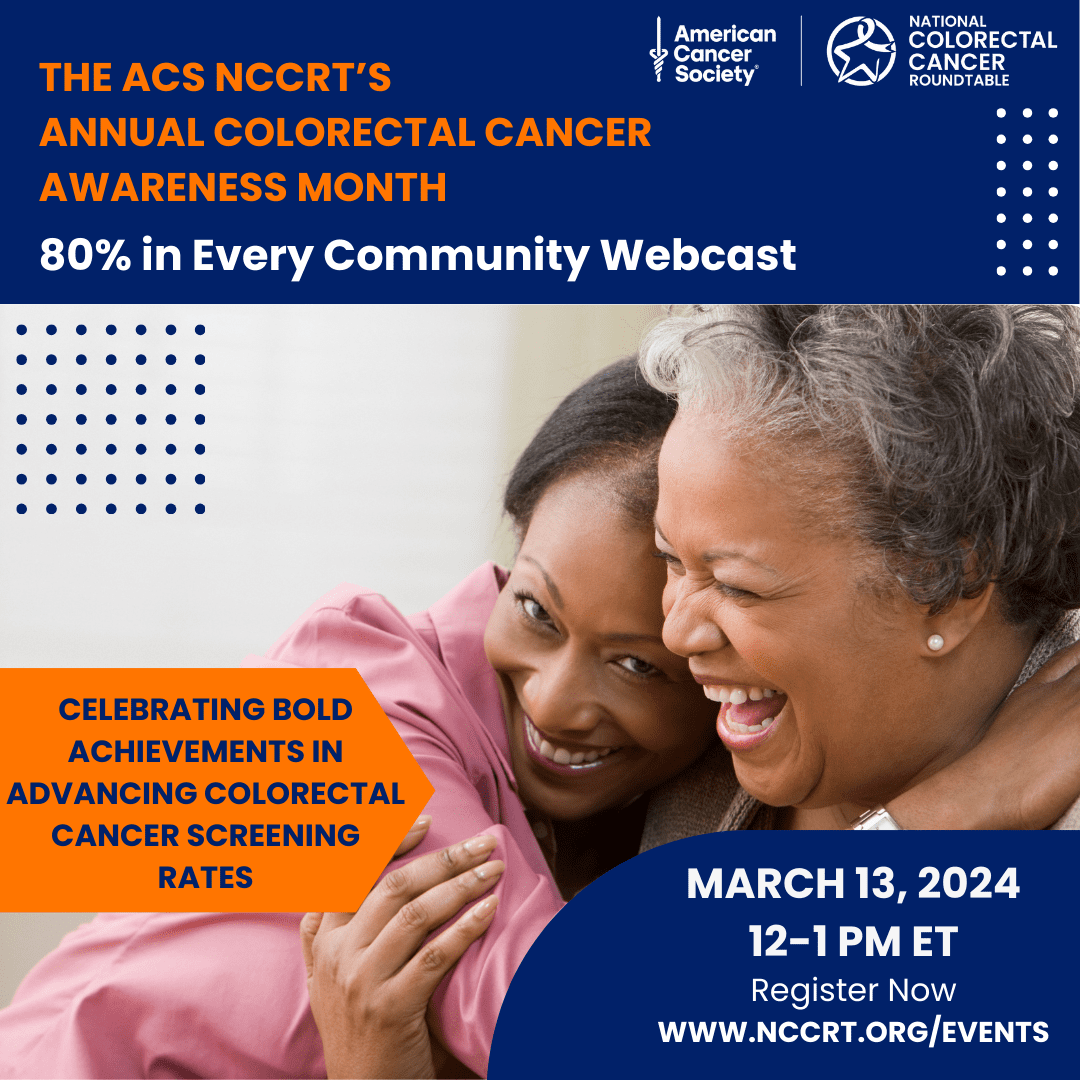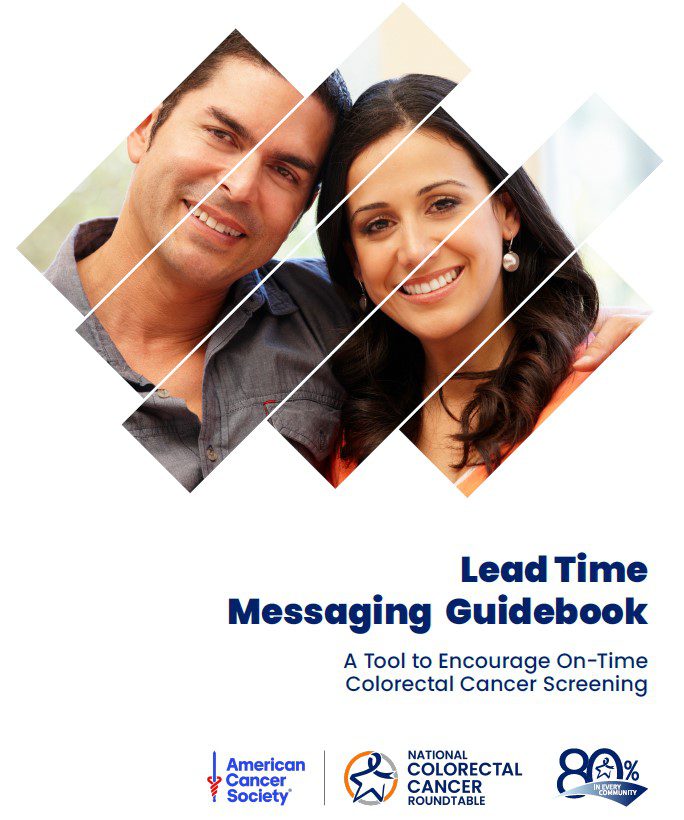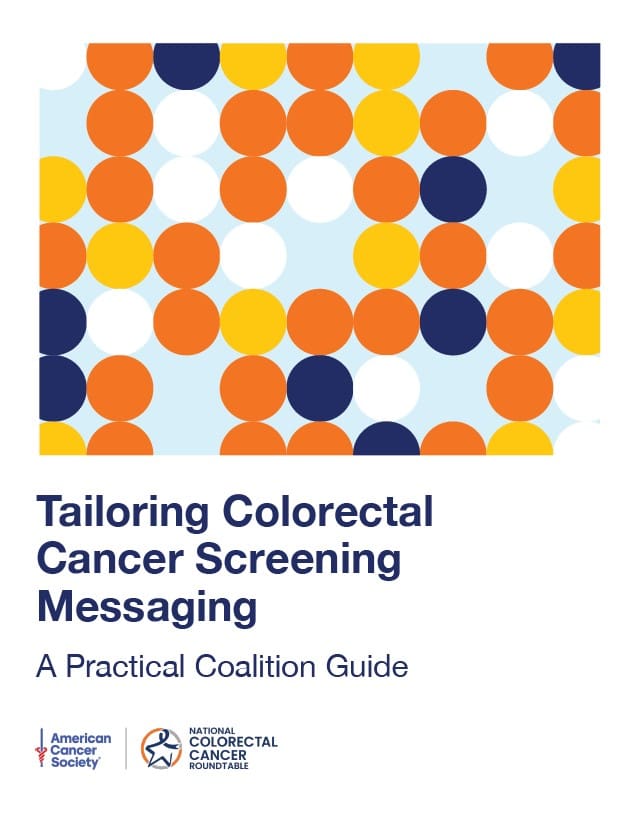Colorectal Cancer Awareness Month Social Media Toolkit – March 2019
This toolkit, developed by the George Washington University (GW) Cancer Center, is designed to help public health professionals establish a Colorectal Cancer Awareness Month social media strategy, implement Facebook and Twitter best practices, disseminate Colorectal Cancer Awareness Month messaging, and manage and evaluate social media efforts.
This toolkit provides a short introduction to use of social media in a health system context, a list of Twitter and Facebook best practices for messages, a list of sample tweets and Facebook posts, other ideas for participating in colorectal cancer awareness month, tips on evaluating social media efforts, and a list of references and other resource links.
Public health professionals, cancer control professionals, coalitions, community-based organizations and stakeholders can all use this toolkit and adapt its messaging for their unique audiences and areas of expertise.
Evaluation: The recommendations and sample messages in the toolkit were designed using evidence-based social media and colorectal cancer messaging best practices.
Evaluation assets: The toolkit includes a section on Measuring Success, which explains how to use analytics to evaluate the impact of social media messages and campaigns.
Permissions: Made publicly available online by the GW Cancer Center.
Publication date: February 2019
Post date: September 2017, revised February 2019
Contact: Send comments, questions, and suggestions to [email protected].
Explore More

2024 National Colorectal Cancer Awareness Month Webcast
The 2024 National Webcast celebrated national achievements and to hear the latest state of the field updates that inform the ACS NCCRT's work.

2023 Lead Time Messaging Guidebook
This Guidebook is intended to provide you with information and tools to motivate individuals at average and heightened risk for CRC to discuss screening prior to the recommended screening age. Our belief is that this will increase the likelihood that they will prioritize getting screened on-time for CRC.

Tailoring Colorectal Cancer Screening Messaging: A Practical Coalition Guide
This step-by-step guide is targeted at coalitions who are looking to make highly effective campaigns to increase colorectal cancer (CRC) screening rates in their communities, especially for those hardest to reach, illustrated by case studies.
